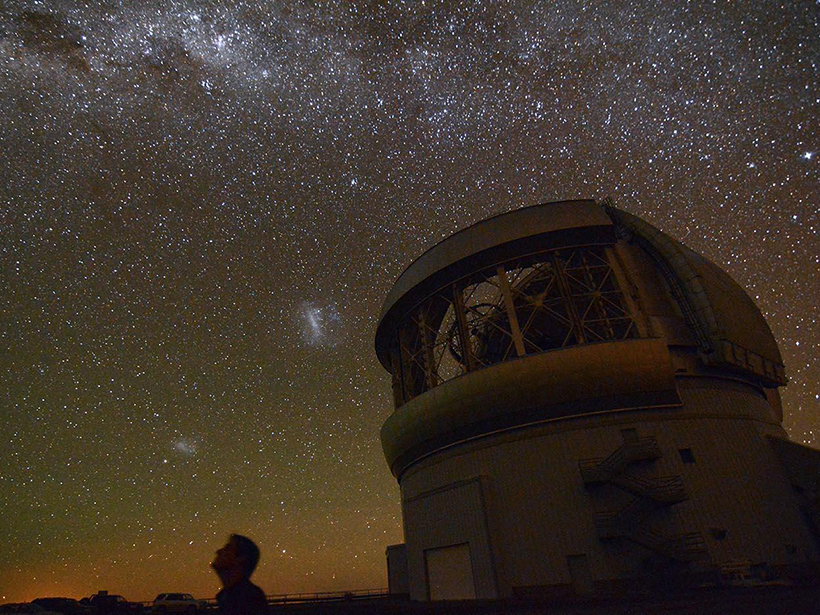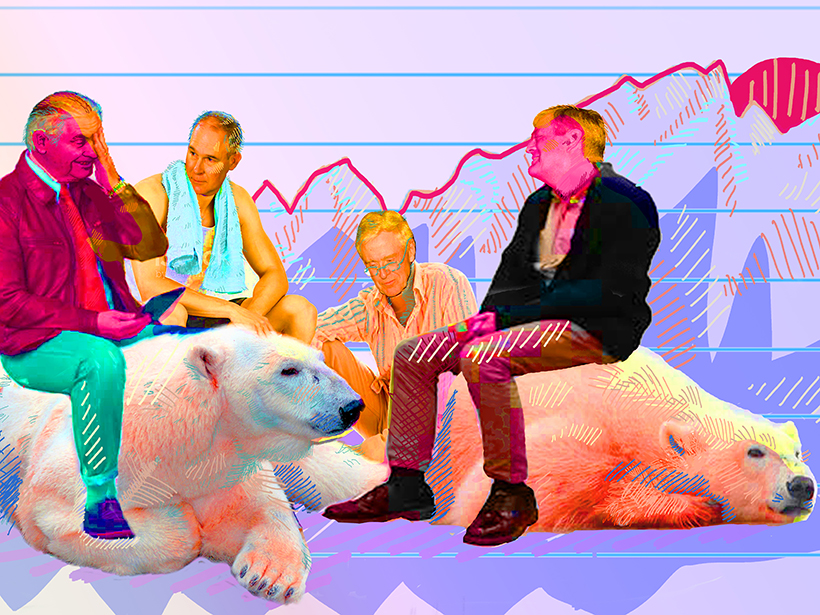Scientists focus on how the Apollo 11 mission has shaped our understanding of the Moon, Earth, and planetary neighborhood.
Centennial Collection
Marking the 100th anniversary of AGU and Eos, this collection celebrates a century of achievements in the Earth and space sciences and looks forward to the next 100 years of scientific discovery and transformation.
Places to Celebrate Apollo 11’s Fiftieth Anniversary
Apollo 11’s golden anniversary is this weekend, but the celebration lasts all year long.
Podcast: Apollo Moon Rocks
In the latest episode of its Centennial series, AGU’s Third Pod from the Sun interviews the curator of the Apollo Moon rocks.
The Mystery of the Moon’s Missing Metals
For decades, scientists have tried to figure out why the Moon has a thousand times less precious metals than Earth. Turns out the metals may not have been delivered after all.
Giant Planets and Brown Dwarfs Form in Different Ways
Once thought to be part of the same population, planets larger than Jupiter and “failed stars” likely grow via different mechanisms, the Gemini Planet Imager Exoplanet Survey has shown.
Resurrecting Interest in a “Dead” Planet
New research suggests that the surface of Venus is busy, but it may take new missions to our “sibling” planet to confirm this.
Forgotten Legacies: Understanding Human Influences on Rivers
Logging, urbanization, and dam building are a few ways people have significantly altered natural river ecosystems. Understanding that influence is a grand challenge of our time.
AGU Has a Story to Tell
Scientists and communicators are increasingly turning to storytelling as a way to talk about science to all types of audiences.
Shining a Spotlight on LGBTQ+ Visibility in STEM
LGBTQ+ researchers and communities are working to establish visibility and acceptance in the sciences. How is STEM evolving to welcome them?
Transcending Science: Can Artists Help Scientists Save the World?
The artistic process begins with human engagement. Perhaps the revolution we need to address climate change begins by making it an integral part of the scientific method.










